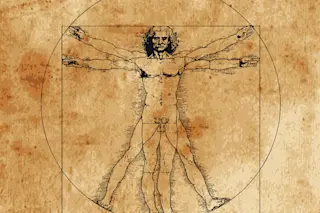It’s difficult to deny that humans began as Homo sapiens, an evolutionary offshoot of the primates. Nevertheless, for most of what is properly called “human history” (that is, the history starting with the invention of writing), most of Homo sapiens have not qualified as “human”—and not simply because they were too young or too disabled.
In sociology, we routinely invoke a trinity of shame—race, class, and gender—to characterize the gap that remains between the normal existence of Homo sapiens and the normative ideal of full humanity. Much of the history of social science can be understood as either directly or indirectly aimed at extending the attribution of humanity to as much of Homo sapiens as possible. It’s for this reason that the welfare state is reasonably touted as social science’s great contribution to politics in the modern era. But perhaps membership in Homo sapiens is neither sufficient nor even necessary ...














